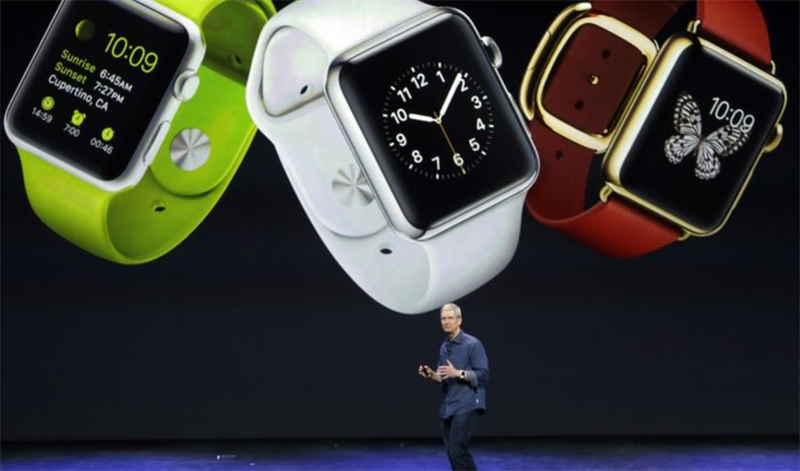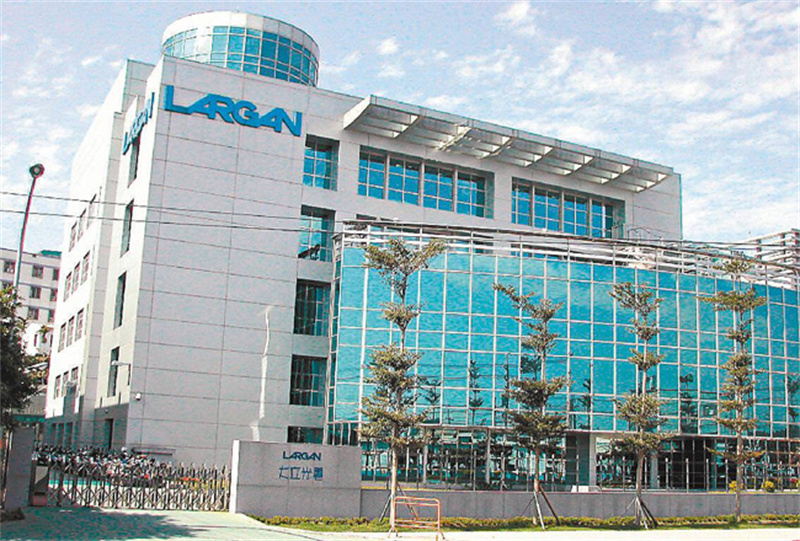On August 22, Apple filed a lawsuit in federal court in San Jose, California, accusing Chinese smartphone maker OPPO and its newly hired executive, Chen Shi, of misappropriating trade secrets related to Apple Watch technologies.
According to the complaint, Chen, a senior sensor systems architect at Apple from January 2020 until June 2025, secretly downloaded 63 confidential documents from a protected Box folder just days before leaving the company. The files reportedly contained sensitive information on optical heart-rate monitoring (PPG), electrocardiogram (ECG) technology, proprietary temperature sensors, chip engineering data, and product roadmaps. Apple alleges that Chen transferred the data to a USB drive and told colleagues he was returning to China to care for aging parents, concealing his move to OPPO.
The lawsuit claims Chen arranged dozens of one-on-one meetings with Apple Watch team members in the weeks before his departure, gathering as much information as possible to share with OPPO executives. In one message cited by Apple, Chen told OPPO's vice president of health that he had been "reviewing internal materials and collecting information" to pass along, receiving an "OK" emoji in reply.

Apple contends that Chen's actions, encouraged by OPPO and its Silicon Valley affiliate InnoPeak Technology, were part of a plan to give the company an unfair advantage in developing a competing wearable device. The lawsuit seeks an injunction barring OPPO and Chen from using or disclosing Apple's trade secrets, as well as damages, punitive damages, and attorneys' fees.
OPPO, which sells smartphones, tablets, and smartwatches globally, denied the allegations. In a statement to MacRumors, the company said it had found "no evidence establishing any connection between these allegations and the employee's conduct during his employment at OPPO," adding that it "respects the trade secrets of all companies, including Apple" and would cooperate fully with the legal process.
Apple has a history of aggressively pursuing cases against former employees and rivals over alleged intellectual property theft. In recent years, the company has filed multiple suits tied to employees accused of leaking autonomous vehicle technology to Chinese entities and has been engaged in a long-running smartwatch patent dispute with California-based Masimo. Apple emphasized in its filing that allowing OPPO and Chen's alleged conduct to go unpunished would undermine its investment in innovation and diminish the value of its trade secrets.
Just two days earlier, on August 20, the Delhi High Court issued a temporary injunction blocking sales of Honor's 200 series smartphones in India, following a patent infringement lawsuit filed by Taiwanese lens maker Largan Precision.

According to law firm Singh & Singh, which represented Largan, the case centers on allegations that Honor's latest devices use unlicensed lens technology covered by three Largan patents: IN395754, IN395095, and IN363203. The patents relate to 5P lens technology, and court filings claimed that the ultra-wide, main, and front-facing cameras in the Honor 200 series infringe on these rights.
The injunction prohibits Honor and its agents from offering, selling, distributing, advertising, or importing the Honor 200 series or any other products found to infringe Largan's patents. The court issued the order after Honor failed to appear despite receiving advance notice.
While the ban poses a setback for Honor, industry observers noted that smartphone makers typically shift liability to component suppliers through contractual agreements. As Chinese suppliers account for most of Honor's camera lenses, one potential resolution could involve a settlement between the supplier and Largan.
Patent monitoring group PRIP Research reported that Largan filed the case specifically to restrict Honor's unauthorized use of its patented camera technologies. Analysts believe Honor may eventually seek alternative suppliers or negotiate a licensing deal to restore sales in India.
+86 191 9627 2716
+86 181 7379 0595
8:30 a.m. to 5:30 p.m., Monday to Friday
